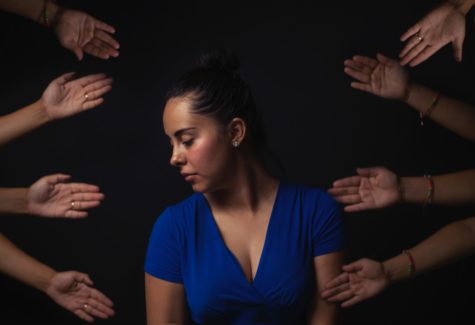RAMAT-GAN, Israel — Why can’t we shake free of the persistently troublesome people in our lives? A new study suggests that our circumstances may not give us the choice.
Researchers at Bar-Ilan University in Israel and the University of California, Berkeley recently surveyed more than 1,100 adults living in Northern California, hoping to learn more about the complex dynamics that make so many of our close relationships fraught with anxiety.

The survey’s first component had respondents indicate the closeness of their significant interpersonal relationships (i.e., whether a given bond could be considered casual, emotionally intimate, or unfailing in times of crisis). Subsequently, participants were asked to identify previously-listed individuals who caused them frequent distress.
Fifteen percent of all relationships listed were deemed “difficult” by respondents, a vast number of which involved female relatives and aging parents. The researchers speculated that relationships of kin may particularly challenging due to their constant, ineludible demands.
Co-workers also ranked high on the list of difficult relationships, while friends and other less obligatory relationships ranked lower.
“These are people with whom our lives are so complexly intertwined,” says Dr. Shira Offer, the study’s co-author, of why many of our closer ties are marked by regular tension. “Many are close family whom we need and even love; others we just can’t escape. Social norms do not allow us to simply walk away from them, however much this might be tempting to do sometimes.”
Relationships in which an individual lent support or advice, but didn’t receive similar treatment in return, were most likely to result in unilateral dissatisfaction, the researchers noted.
“The results suggest that difficult people are likely to be found in contexts where people have less freedom to pick and choose their associates,” explains Offer.
Free spirits, take note: even if you’re able to pave your own path, ignoring social conventions in the process, you’ll still have problematic people in your life. Anything else just wouldn’t be life on Earth.
Offer et al. published their findings in the journal American Sociological Review.
